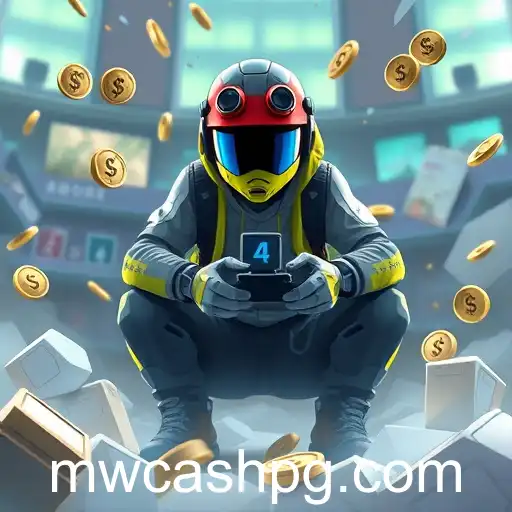
The realm of online gaming has undergone significant transformations over the past few years, with platforms like 'mwcash' showcasing how digital landscapes can shift traditional economic structures. As we delve into 2025, the gaming industry stands as a colossal entity, influencing global economic trends through its vast user base and innovative monetization models.
'mwcash', an emerging player in the English game website sphere, exemplifies the intersection of gaming and virtual currency. By leveraging the potential of in-game currencies, platforms can create micro-economies within their ecosystems, where players trade and spend digital money in virtual worlds. This, in turn, reflects the broader trend of gamification, where real-world economic activities are influenced by game-like incentives and virtual rewards.
The rise of virtual currencies has incited discussions among economists and policymakers regarding regulation and the potential repercussions on formal economies. Does the growth of platforms like 'mwcash' signify a shift towards a more digitally-focused economy, where online interactions hold comparable value to their offline counterparts? As players invest time and resources into these games, the line between leisure and labor continues to blur, yielding new opportunities and challenges for economic models.
Moreover, the success of these platforms often hinges on community engagement and the continuous updating of content. Developers are tasked with creating compelling and dynamic environments to retain user interest, which directly correlates with the longevity and profitability of the game. This dynamic relationship between developer input and user output highlights the evolving nature of market demands in the digital age.
As the world observes the dynamic growth of online gaming in 2025, areas like virtual reality and augmented reality are set to further redefine how gaming interfaces with our actual lives. This evolution points to a future where digital and real-world economies are increasingly interconnected, prompting us to reconsider traditional economic frameworks in light of digital innovation.


